HIROSHIMA, Japan (AP) – Group of Seven Wealthy Democracies China united in urging China to put pressure on its strategic partner Russia to end its war on Ukraine and resolve regional disputes peacefully, and China responded with a response.
In a joint statement, the G7 leaders stressed that they do not want to harm China and seek “constructive and stable relations” with Beijing, “recognizing the importance of dealing frankly with China and expressing our concerns directly.”
We call on China to put pressure on Russia to stop its military aggression, and immediately, completely and unconditionally withdraw its forces from Ukraine.” “We encourage China to support a comprehensive, just and lasting peace based on territorial integrity and the principles and purposes of the UN Charter,” including in direct talks with Ukraine.
The group said that cooperation with China is necessary given its global role and economic size, in a call to work together to address challenges such as climate change, biodiversity, debt and financing needs of vulnerable countries, global health concerns and economic stability.
But the leaders expressed “serious concern” about the situation in the East and South China Seas, where Beijing is expanding its military presence and threatening to use force to assert control over autonomous Taiwan. They called for a “peaceful resolution” of China’s claim to Taiwan, which has remained unresolved since the Communists came to power on the Chinese mainland in 1949.
“There is no legal basis for China’s expansionist maritime claims in the South China Sea, and we oppose China’s militarization activities in the region,” the statement said.
“A growing China that plays by international rules will be of global benefit,” the statement said, referring to accusations that Beijing is undermining the “international rules-based order.”
The G7 also united in voicing concerns about human rights in China, including in Tibet, Hong Kong and the far western region of Xinjiang, where the issue of forced labor is a perennial issue.
But the statement also sought to counter accusations that the G7 is seeking to prevent China’s rise as a global power.
“Our policy approaches are not designed to harm China, nor do we seek to thwart China’s economic progress and development,” she said. The statement highlighted the consensus that efforts to diversify manufacturing supply chains and ensure stable access to strategically vital minerals and other resources are not aimed at dismantling trade relations with the world’s second largest economy.
“We are not separating or turning inward,” the statement said. At the same time, we realize that economic resilience requires risk reduction and diversification. We will take steps, individually and collectively, to invest in our economic vitality. We will work to reduce excessive dependencies in our critical supply chains.”
At the same time, G7 members pledged to take a stand against various kinds of “economic coercion,” saying they would “challenging malicious practices, such as illegal technology transfer or data disclosure,” while avoiding “unduly restricting trade and investment.”
Chinese officials responded to various G7 statements on economic coercion and other issues with anger.
China’s foreign ministry said in a statement that the G7 has “used China-related issues to smear and attack China and brazenly interfere in China’s internal affairs. China resolutely deplores and firmly opposes this and has made earnest endeavors with summit host Japan and other parties concerned.”
“The G7 needs to stop pointing fingers at China in Hong Kong, Xinjiang and Tibet and take a hard look at its history and human rights record,” the statement read.
Meanwhile, Taiwan thanked the G7 for its support.
Taiwan President Tsai Ing-wen said Saturday that “Taiwan will stand shoulder to shoulder with the world’s democracies and societies to cooperate in defusing the risks.” At present, the consensus around the world is very clear, which is the fact that cross-strait issues should be resolved in a peaceful way. “War is not an option,” she told a news conference.
Besides Japan, which hosts the country’s annual leader’s summit this year, the G7 includes the United States, the United Kingdom, France, Germany, Canada, Italy and the European Union.
The G7 statement was released on the second day of the three-day summit. Ukrainian President Volodymyr Zelensky arrived in Hiroshima on Saturday to take part in the meetings scheduled for Sunday.

“Infuriatingly humble alcohol fanatic. Unapologetic beer practitioner. Analyst.”



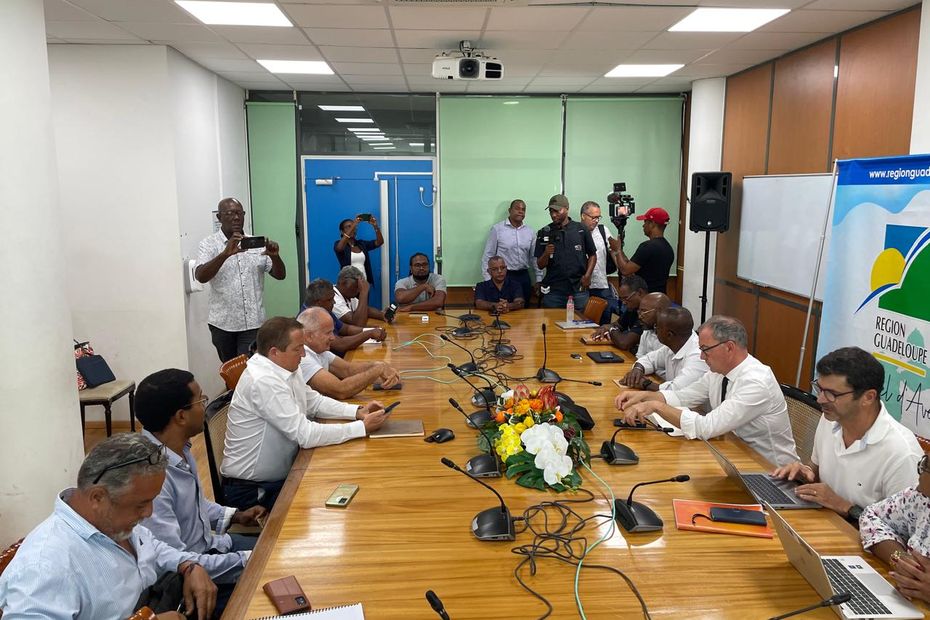
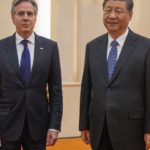
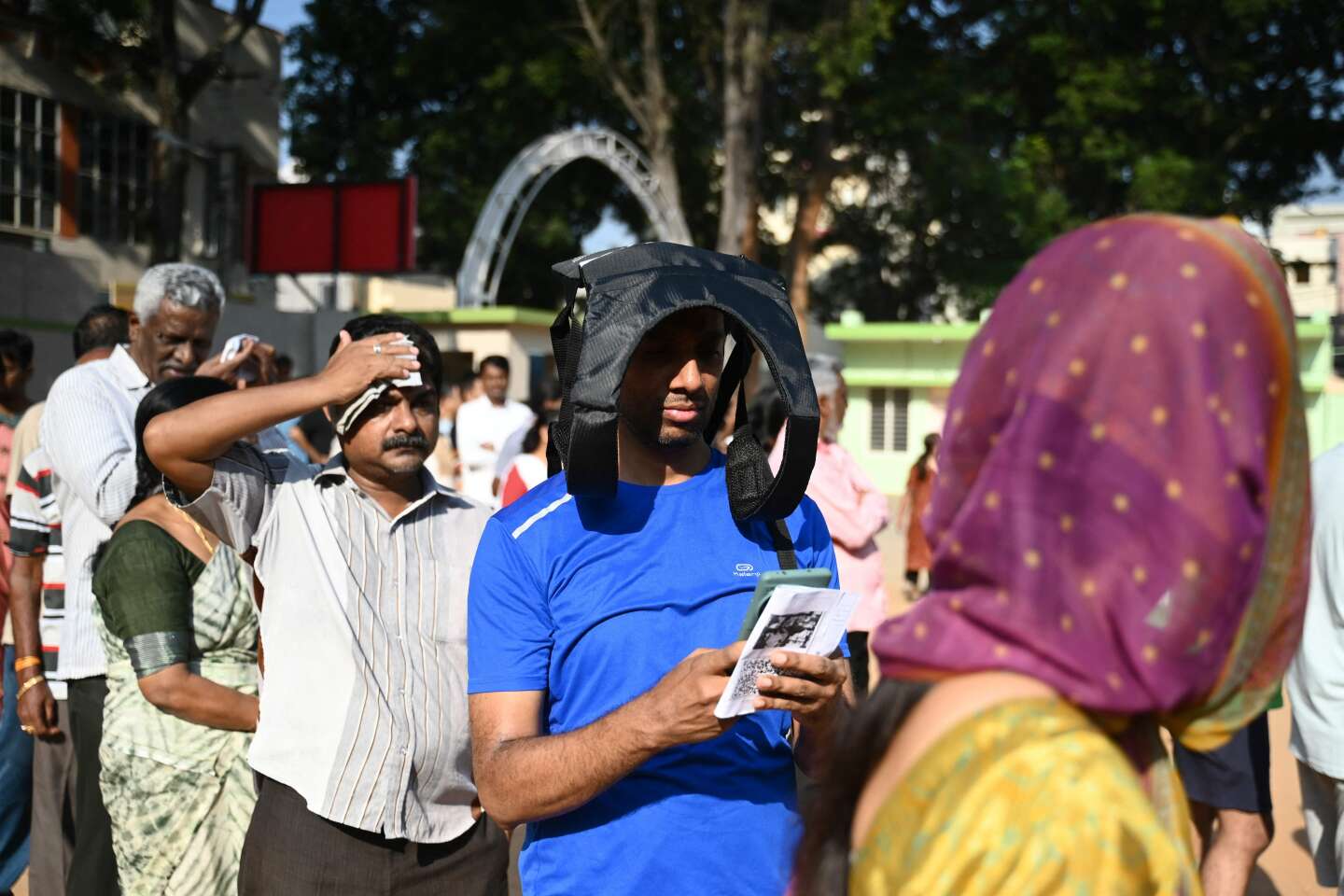
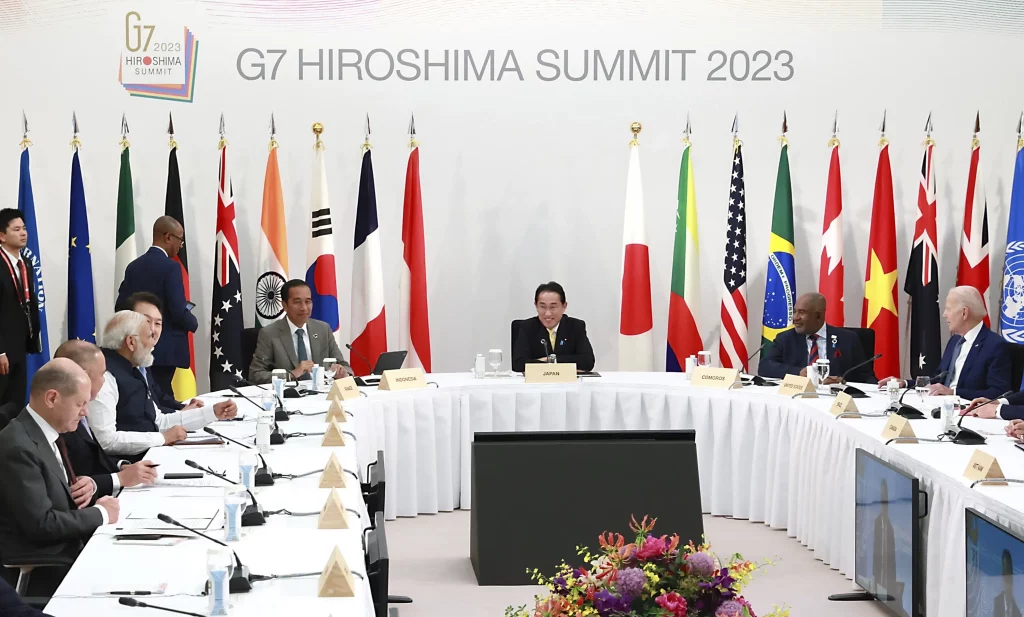
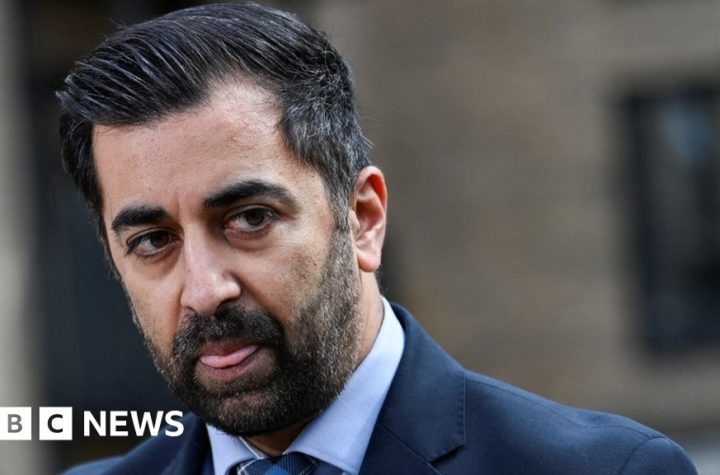
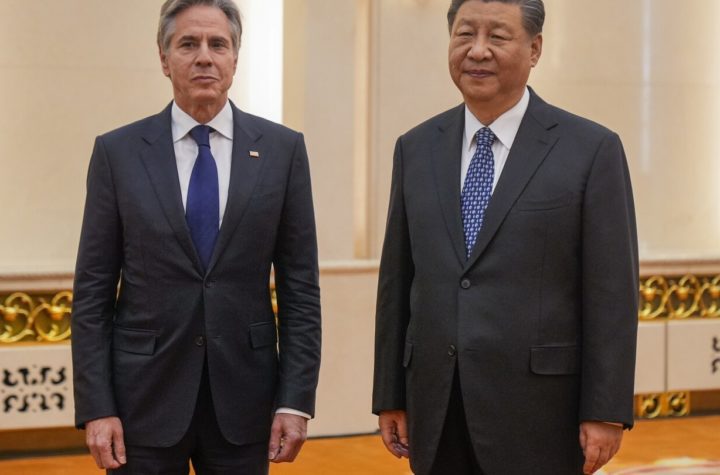
More Stories
Hamza Yousaf will not resign from the position of First Minister of Scotland
Talks between the United States and China begin with warnings about misunderstanding and miscalculation
Middle East Crisis: The United States and 17 other countries call on Hamas to release the hostages